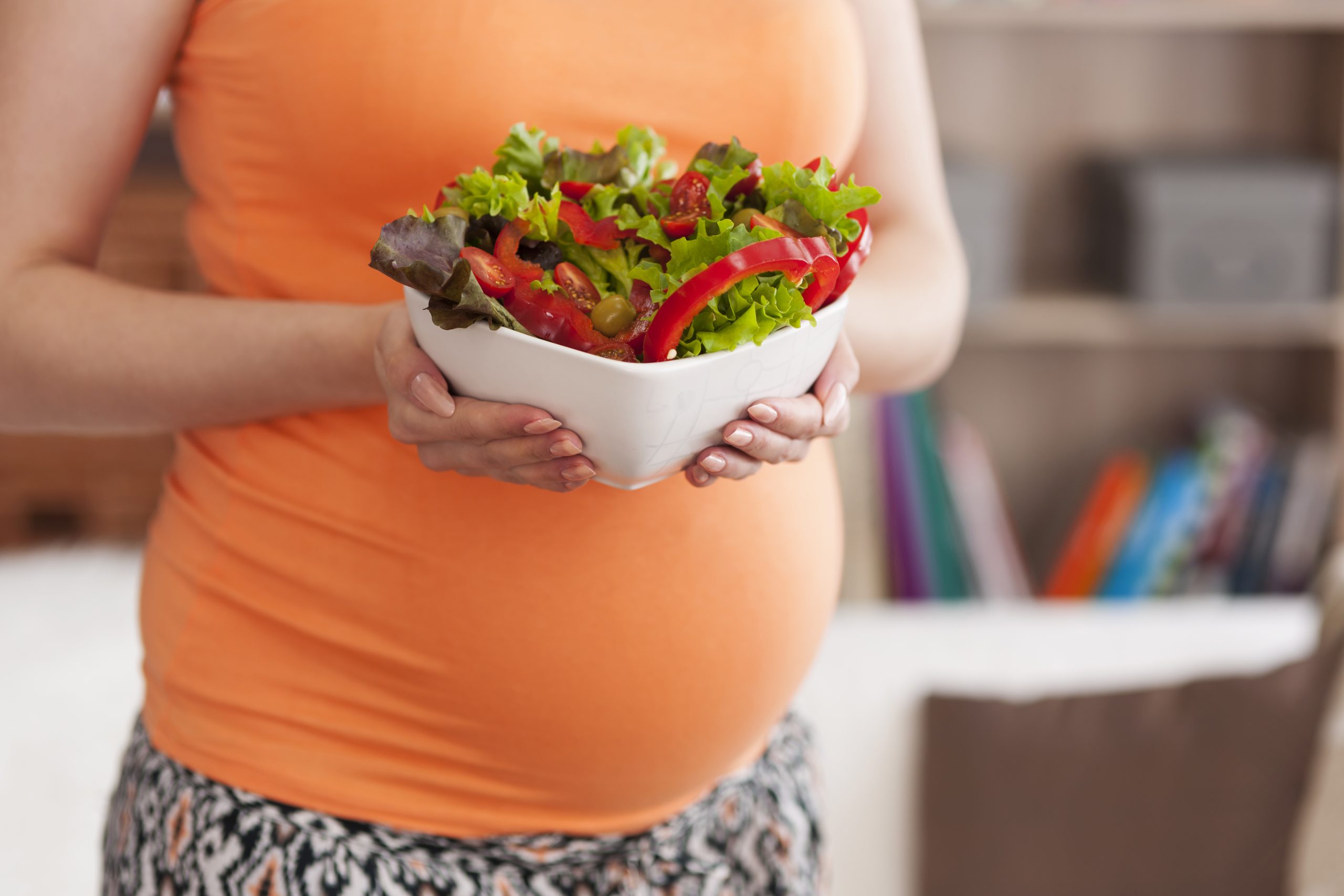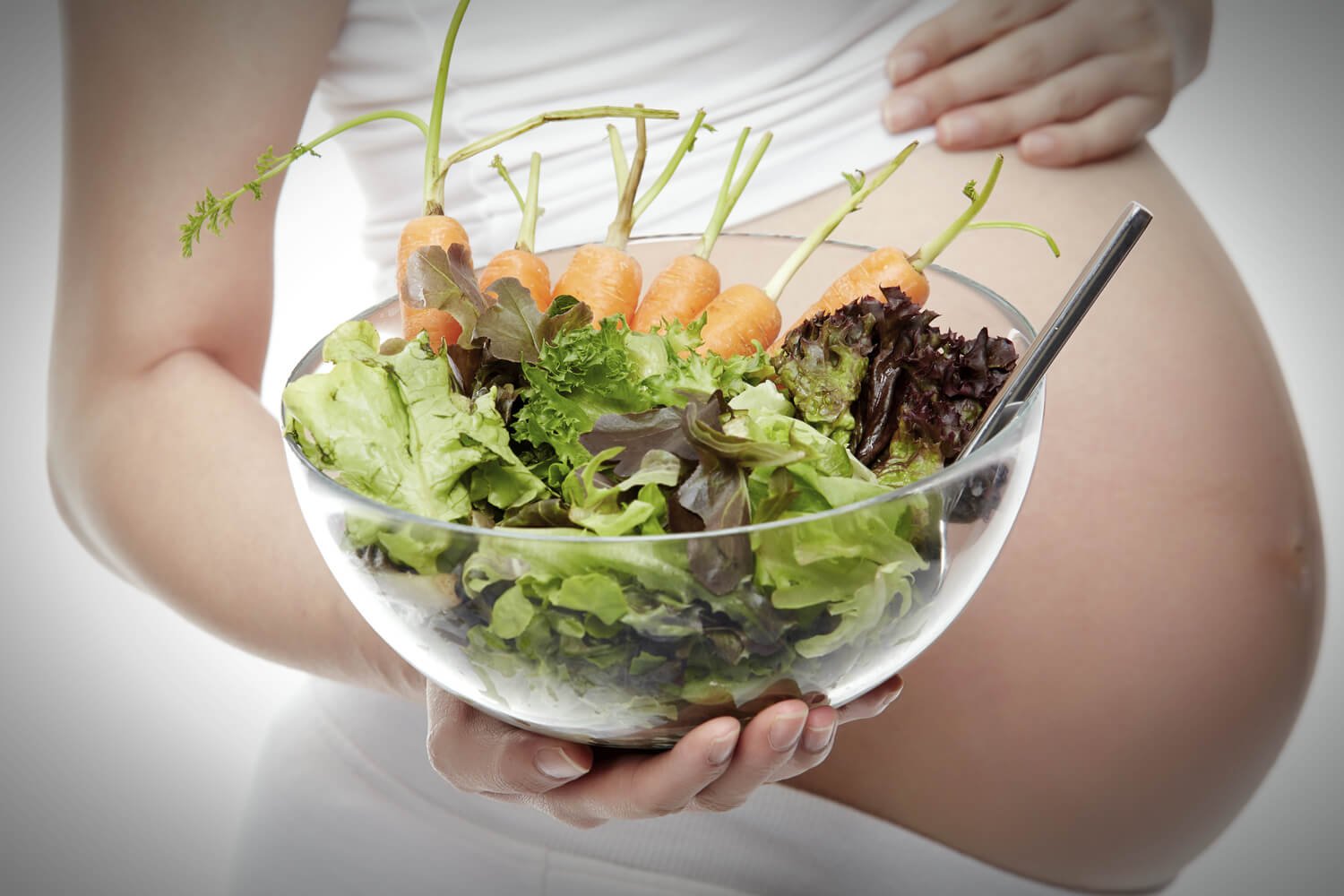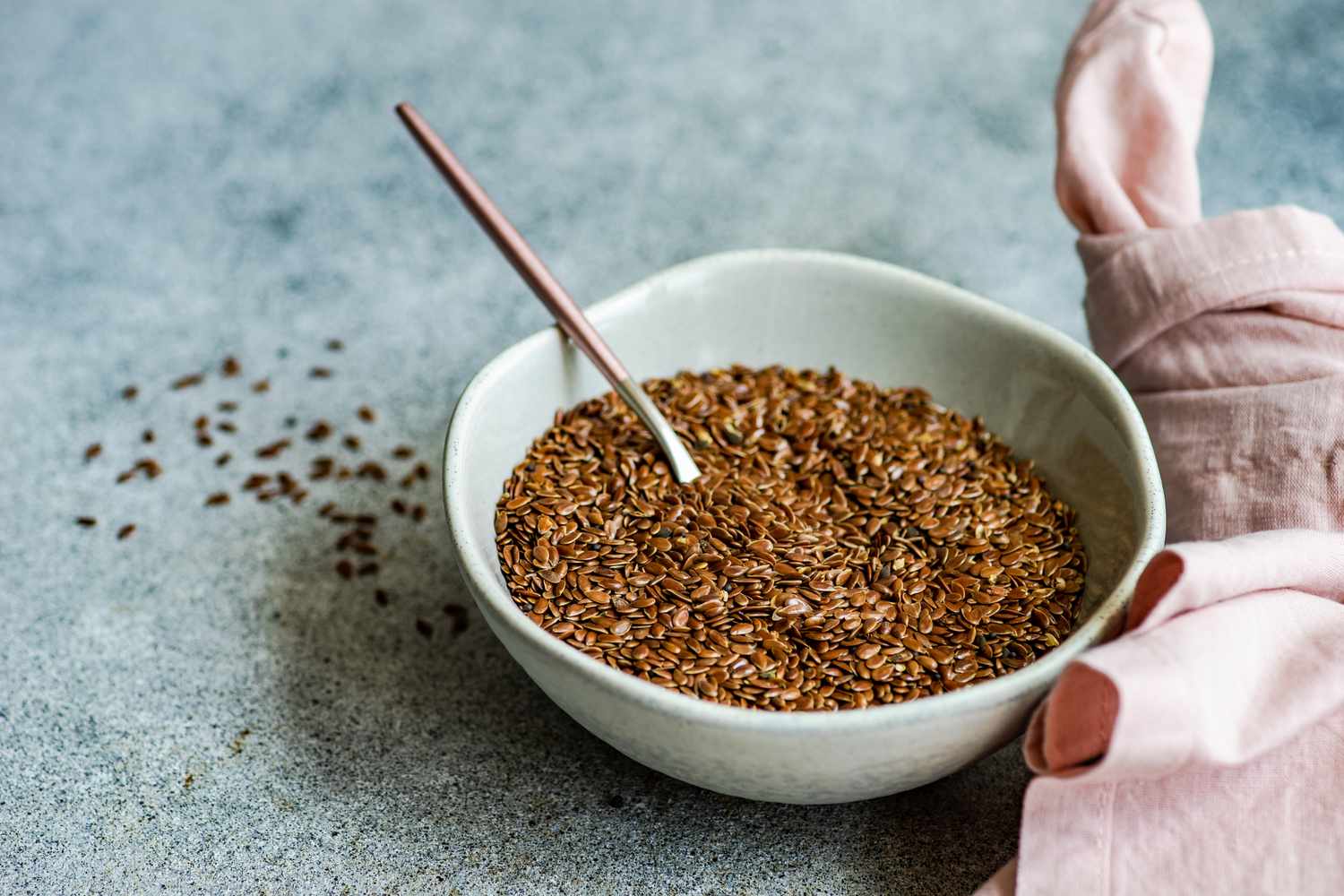What to Eat in the First Month of Pregnancy
Congratulations on your pregnancy! The first month is an exciting time as you begin this incredible journey. It’s important to focus on your nutrition during this time to support the healthy development of your baby. Here are some tips on what to eat during the first month of pregnancy:
1. Focus on Nutrient-Rich Foods
During the first month of pregnancy, it’s crucial to consume foods that are packed with essential nutrients. Opt for a variety of fruits, vegetables, whole grains, lean proteins, and healthy fats. These foods provide essential vitamins and minerals that are vital for your baby’s growth and development.
2. Incorporate Folic Acid
Folic acid is a key nutrient that plays a significant role in preventing neural tube defects in the early stages of pregnancy. Foods rich in folic acid include leafy green vegetables, citrus fruits, beans, and fortified cereals. Additionally, your healthcare provider may recommend a prenatal vitamin that contains folic acid to ensure you’re getting an adequate amount.
3. Stay Hydrated
Proper hydration is essential during pregnancy, especially in the first month. Aim to drink plenty of water throughout the day to support the increased blood volume and amniotic fluid. Herbal teas and 100% fruit juices can also contribute to your fluid intake, but be mindful of added sugars in some beverages.
4. Consume Adequate Protein
Protein is crucial for the growth of your baby’s tissues and organs. Incorporate lean sources of protein such as poultry, fish, eggs, legumes, and nuts into your meals. Including protein in each meal and snack can help maintain steady energy levels and support the development of your baby.
5. Limit Processed Foods and Added Sugars
During the first month of pregnancy, it’s best to minimize your intake of processed foods and added sugars. These items often lack essential nutrients and can contribute to excessive weight gain. Instead, focus on whole, unprocessed foods to provide the best nourishment for you and your baby.
6. Be Mindful of Food Safety
It’s important to be cautious of food safety during pregnancy, especially in the first month. Avoid consuming undercooked or raw meats, unpasteurized dairy products, and certain types of fish that may contain high levels of mercury. Additionally, practice proper food handling and storage to reduce the risk of foodborne illnesses.
7. Listen to Your Body
Every woman’s experience with food during the first month of pregnancy can be different. Pay attention to your body’s cues and eat when you’re hungry. If you’re experiencing morning sickness, try consuming small, frequent meals and snacks to help alleviate nausea.
Remember, it’s essential to consult with your healthcare provider to ensure you’re meeting your specific nutritional needs during the first month of pregnancy. They can provide personalized recommendations based on your individual health and dietary preferences.
By prioritizing nutrient-rich foods, staying hydrated, and being mindful of food safety, you can support a healthy start to your pregnancy journey. Embracing a balanced and wholesome diet sets the stage for the well-being of both you and your growing baby.











